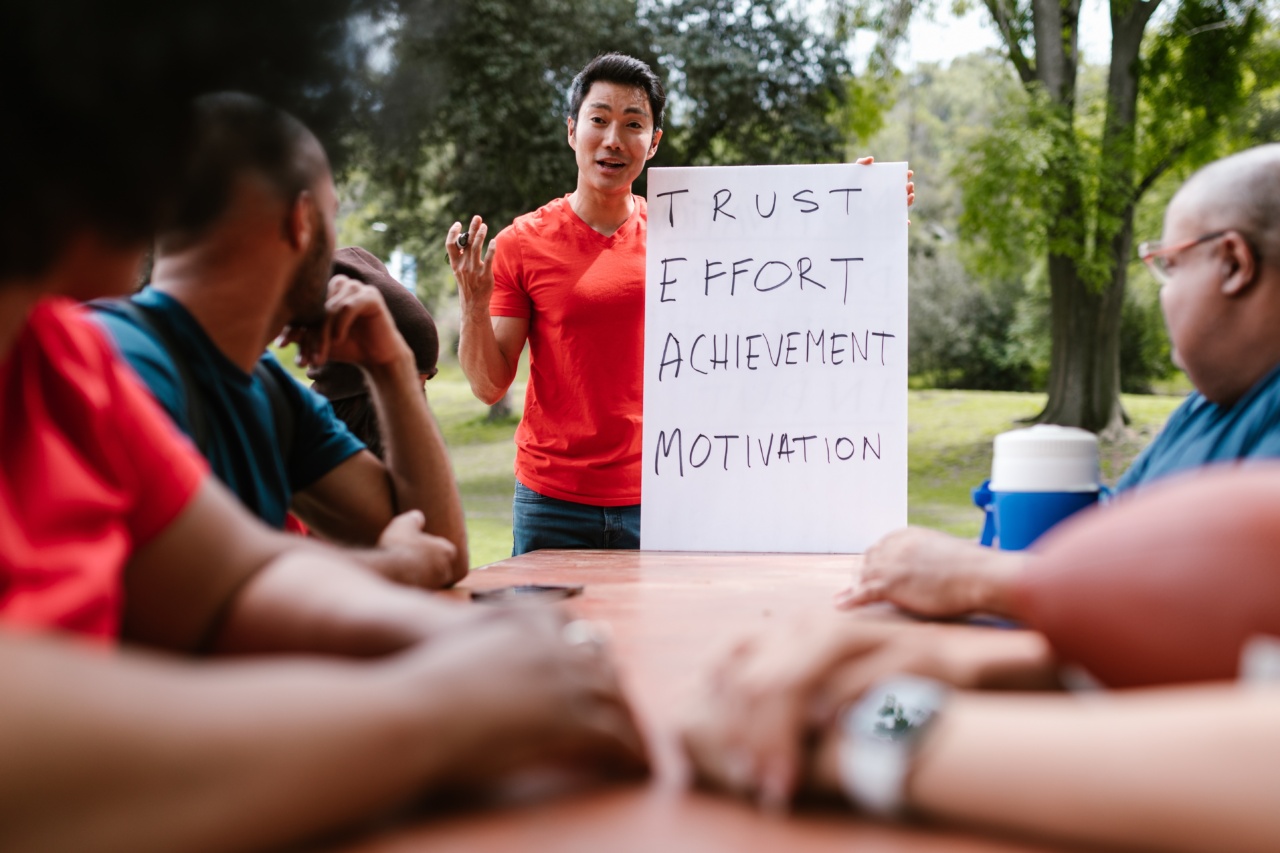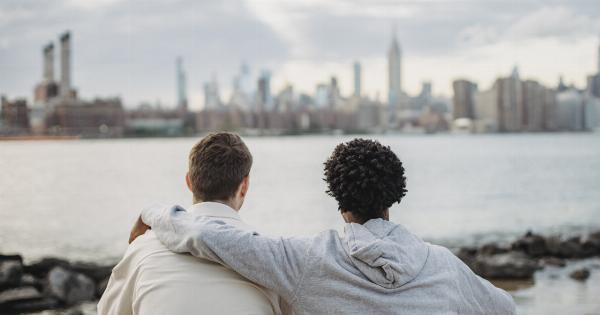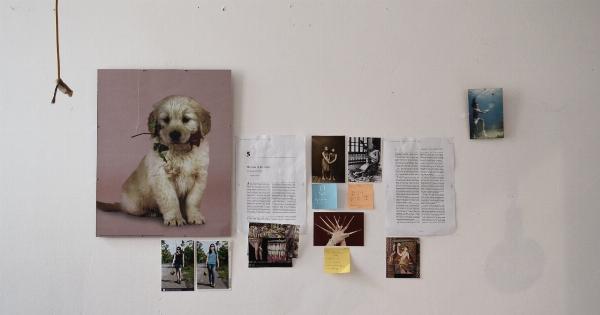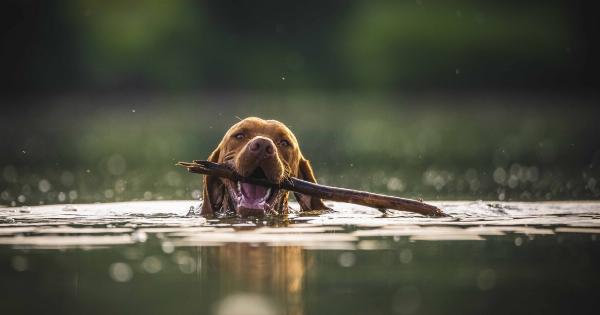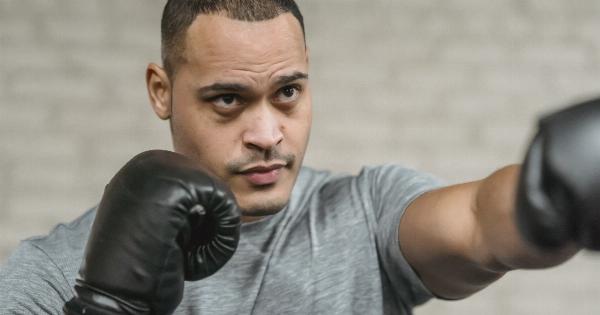Puppy training is an essential part of being a responsible dog owner. Socializing your puppy properly will help them become confident and well-behaved adult dogs.
But where do you start? Here’s a guide to puppy socialization that covers everything you need to know.
What is Puppy Socialization?
Puppy socialization is the process of introducing your puppy to different sights, sounds, smells, people, and animals. The goal of socialization is to help your puppy become comfortable in the world and prevent behavior problems in the future.
Socialization should start as early as possible; puppies are most receptive to new experiences between 3 and 14 weeks old.
Why is Puppy Socialization Important?
Puppy socialization is important because it sets the foundation for your dog’s behavior as an adult. Dogs that are socialized properly are less likely to develop behavior problems such as aggression, anxiety, and fear.
Proper socialization can also help prevent separation anxiety and destructive behavior in dogs.
How to Socialize Your Puppy
There are several ways to socialize your puppy, including:.
Exposure to Different People
Introduce your puppy to different people of all ages, sizes, and backgrounds. Let them interact with children, adults, and seniors. Expose them to different races, genders, and styles of clothing.
This will help your puppy become comfortable around all types of people.
Exposure to Different Environments
Introduce your puppy to different environments such as parks, playgrounds, busy streets, and public transportation. Take them to pet-friendly stores and other places where dogs are allowed.
This will help your puppy become comfortable and confident in different environments.
Exposure to Different Sounds
Introduce your puppy to different sounds such as traffic, sirens, and fireworks. Play music at different volumes and styles. Expose them to loud sounds in a controlled environment that won’t scare or harm your puppy.
This will help your puppy become less reactive to loud noises as an adult.
Exposure to Different Animals
Introduce your puppy to different types of animals such as cats, birds, and other dogs. Never leave your puppy unattended with other animals, and make sure to supervise all interactions.
This will help your puppy become comfortable around other animals and prevent aggression towards them later in life.
Positive Reinforcement
Use positive reinforcement techniques such as treats, toys, and praise to reward good behavior during socialization. This will help your puppy associate positive experiences with new people, environments, sounds, and animals.
Patience and Persistence
Remember that socializing your puppy takes time and patience. It is important to start early and continue socializing your dog throughout their life. Keep exposing your puppy to new experiences in a positive and controlled environment.
Conclusion
Puppy socialization is an essential part of being a responsible dog owner. Proper socialization can prevent behavior problems, anxiety, and fear in dogs.
Remember to expose your puppy to different people, environments, sounds, and animals, and use positive reinforcement techniques. With patience and persistence, your puppy will become a confident and well-behaved adult dog.
